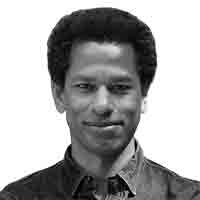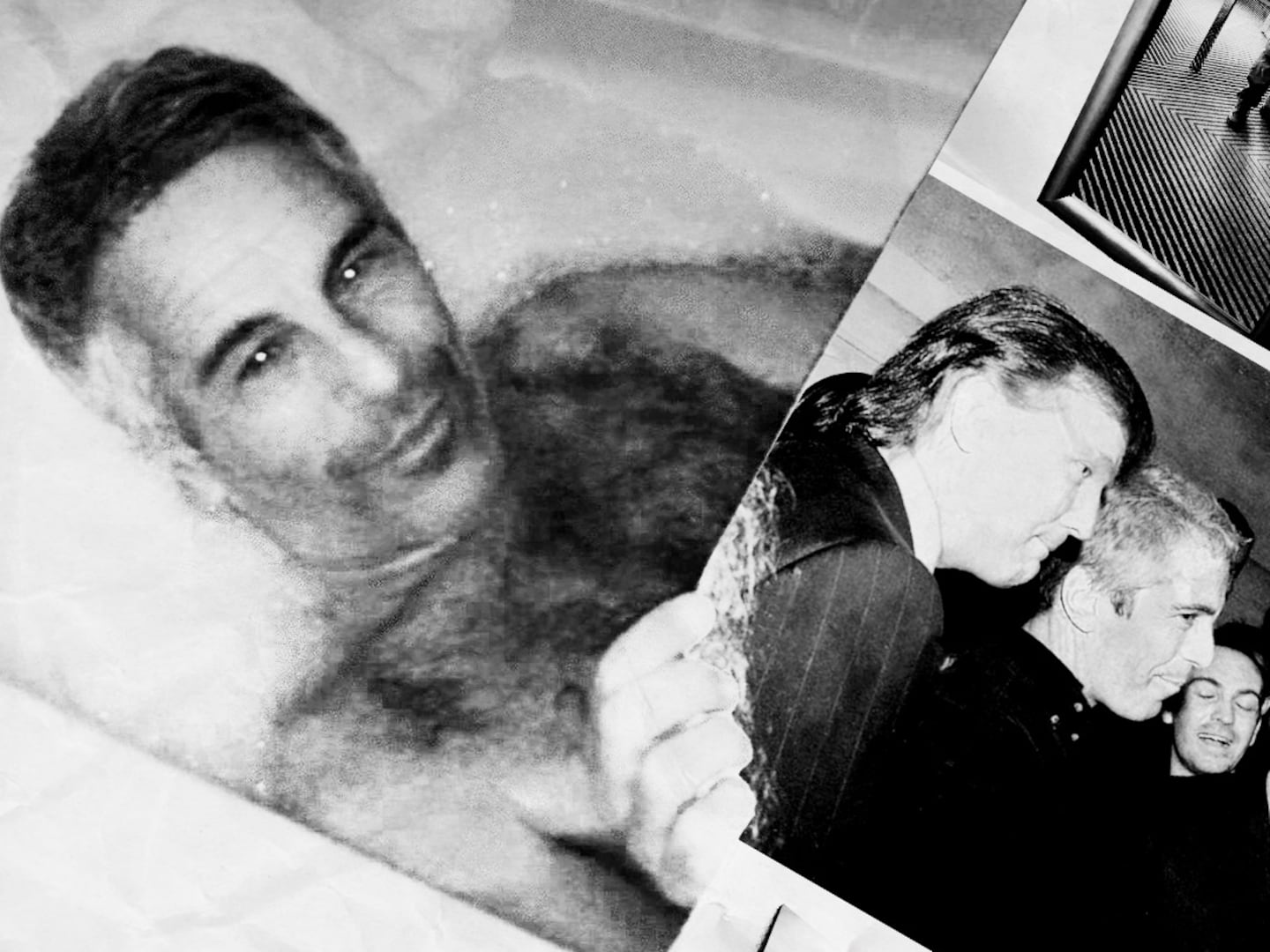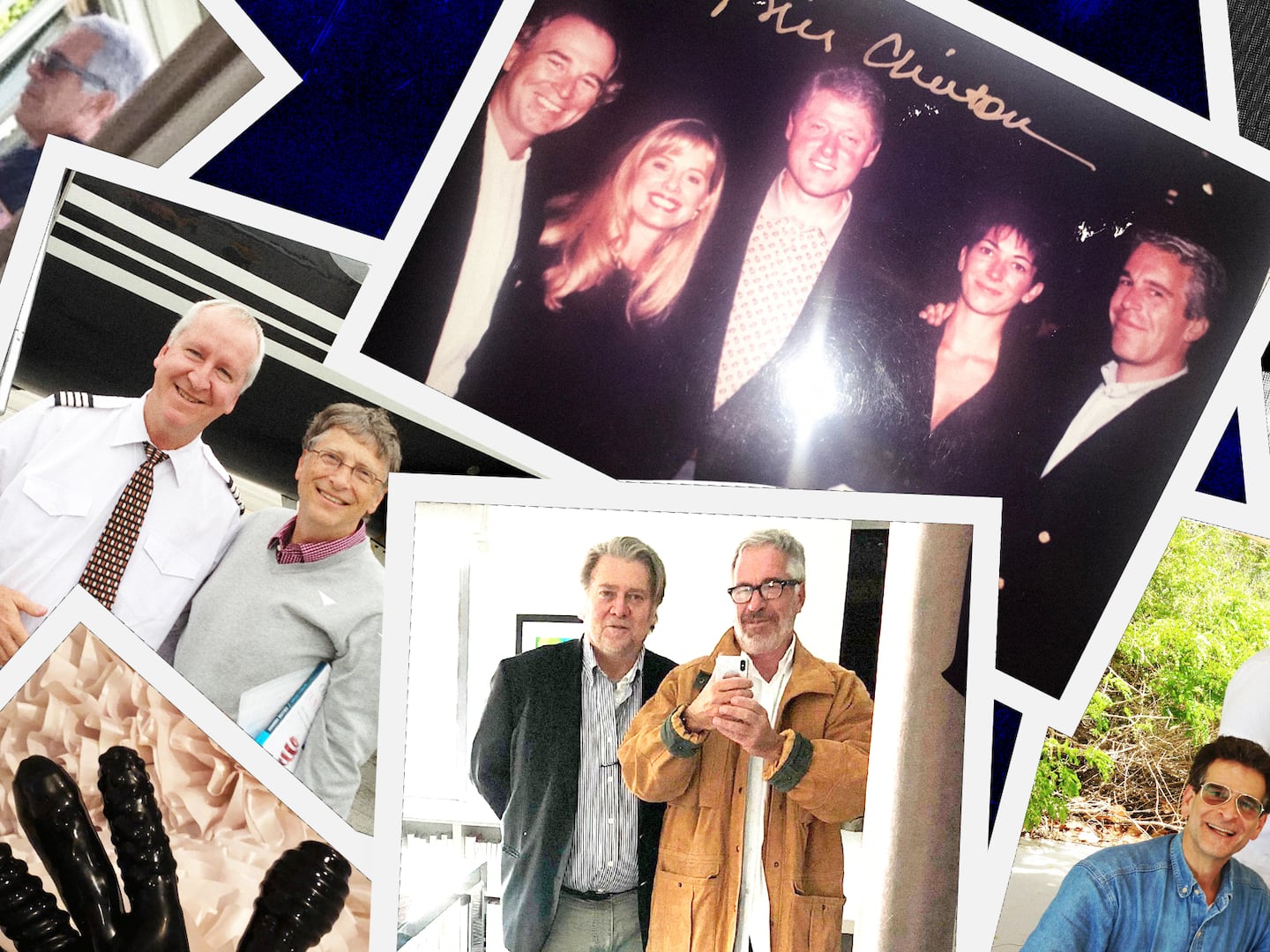
The Kumbaya beerfest on the White House lawn linking Professor Gates and Sergeant Crowley—men who have become metaphors so fluid they can stand for almost anything any viewer wants—was indeed a teachable moment that gleaned several lessons.
We learned that it is possible, even in impassioned racialized moments, to lay down our swords, pick up beers, and talk instead of yelling. The beerfest reminds us how complex and nuanced modern race is—where once race was about powerful whites oppressing powerless blacks, here we have a powerful white cop and a powerful black academic who’s a close friend of the most powerful man in the world, our bi-racial president. Where once black and white would’ve remained separate and angry, on this day they came together. But the beerfest was purely symbolic and about as effective in teaching us something about what really happened that infamous afternoon on Ware Street as it might’ve been if Rodney King had stood on the White House lawn surrounded by the cops who beat him down as they said, “We’re really glad to meet Mr. King but we were following protocol when we beat him senseless so no, we’re not apologizing. Let’s all move on now.”
Professor Gates said after the beerfest, “When he's not arresting you, Sergeant Crowley is a really likable guy.” That, as Langston Hughes would say, is deep like the rivers.
Another lesson in all this is that using the word stupid is often stupid. This beerfest would not have happened if President Obama had not said that Crowley had acted stupidly and thus taken the most inept interpersonal step of his young presidency. In saying “the Cambridge Police acted stupidly,” Obama spoke the truth as he saw it and the man who once taught Constitutional law was not factually incorrect in calling the arrest unintelligent. Even according to Sergeant Crowley’s own police report, Professor Gates broke no laws and the arrest restored only the peace disturbed by Crowley’s entrance. This is a country that prizes the doctrine that a man’s home is his castle and cuffing a lippy older gentleman who’s alone in his place and upset about being mistreated by a police officer is counterproductive and a waste of taxpayer funds.
But for the commander in chief to call the arrest stupid made it impossible for Sergeant Crowley to apologize because an apology would also be an admission of his unintelligence and a loss of face too great to bear. “Stupidly” challenged Crowley’s manhood, perhaps the second such challenge in a few days by a black man more powerful than him. That forced Crowley to dig his heels in further and forced the president to take a break from the massively important business of health-care reform to officiate the beerfest.
Professor Gates said after the beerfest, “When he's not arresting you, Sergeant Crowley is a really likable guy.” That, as Langston Hughes would say, is deep like the rivers. Police officers are strong, admirable people who put their lives on the line to keep the peace and can be godsends in a crisis. But they can also be the cause of problems. Stripped of the imperiousness and arrogance and outsized ego that too many officers tote along with their badge and gun, Crowley turned out to be such a nice guy that Gates agreed to have lunch with him someday. But it is in the best interest of American law enforcement to take a long, hard look at itself and figure out why it has such a poisoned reputation within the African-American community and what part of that is the fault of our officers and how it can be fixed. Names like Sean Bell, Amadou Diallo, Abner Louima, Rodney King, Michael Stewart, and Eleanor Bumpurs live on in the black collective mind as testaments to the evil police officers can rain down upon us and how they cannot be trusted. In recent days President Obama, General Colin Powell, and Attorney Justice Eric Holder have all said they have been victims of racial profiling and nearly every black man in America is someone or personally knows someone who’s been mistreated by police. The reputation police officers have earned over many generations makes it harder for them to do their job and to do it safely and without undue fear. Just beginning the long, hard work of repairing that deep rift will be better for both sides.
Alas, as the Gates/Crowley national brouhaha segued into conciliatory brews yet another officer emerged as if to make sure black men remain certain there are virulent racists hiding within the force. Boston police officer Justin Barrett admitted to and was suspended for writing a lengthy anonymous email filled with incendiary racist language including calling Professor Gates a jungle monkey three times. Hours after the kumbaya beerfest, Barrett told Larry King, “I am not a racist… I intended no racial bigotry or prejudice.” As if merely asserting that makes it so. How long will it be before officer Barrett is given back his badge and gun? If the beerfest was a glimmer of sun peeking through the clouds that is racial unrest and misunderstanding in America then officer Barrett provided the storm cloud riding in just behind that glimmer of sun to keep the rain coming.
And one last lesson, something Professor Gates has surely learned this week, something my father taught me long ago: saying much more than yes sir and no sir to a police officer is tantamount to playing Russian Roulette.
Touré is a columnist for The Daily Beast. He's also an NBC contributor and the author of Never Drank the Kool-Aid, Soul City, and The Portable Promised Land. He is a contributing editor at Rolling Stone, was CNN's first pop culture correspondent, and was the host of MTV2's Spoke N Heard. His writing has appeared in the New Yorker and the New York Times.






